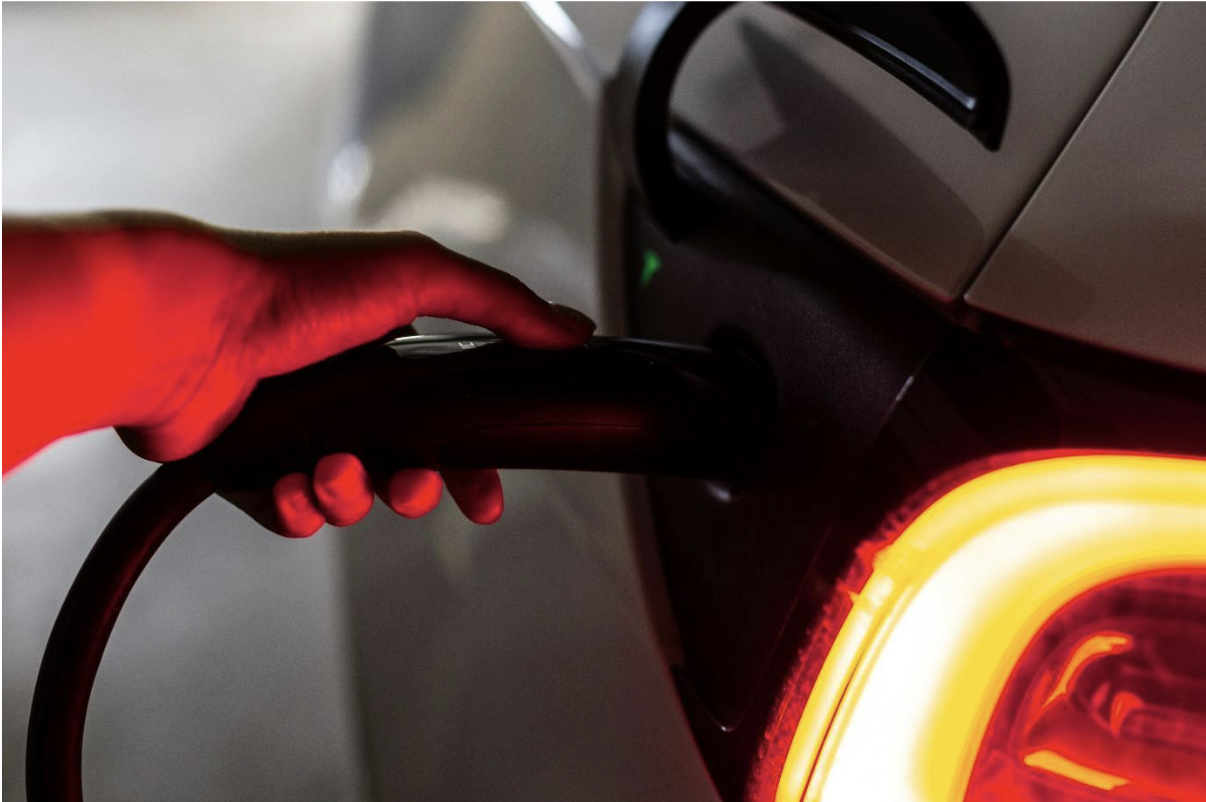 News Release
News ReleaseDeals With Automotive Companies, Top National Security Organization And More: What Aeva Technologies Has Been Up To This Year To Become A Market Leader
Benzinga
By Meg Flippin, Benzinga From trains to trucks, self-driving vehicles and robots will someday rule the world. That’s thanks to companies like Aeva Technologies Inc. (NYSE: AEVA), which are churning out the components that make an autonomous world a reality. Aeva makes LiDAR sensors for use in vehicles, trucks and trains. The sensors act as eyes, providing 3D views of the surroundings. They can also be used in fixed locations to provide monitoring and security. What Aeva says sets it apart from rivals is its Frequency Modulated Continuous Wave (FMCW) 4D LiDAR technology, which uses a low-power continuous laser beam to measure range and velocity at the same time. Aeva says it unlocks new levels of safety and automation by instantaneously discriminating between static and dynamic points and knowing the precise velocity of dynamic objects. Making Deals That edge isn’t going unnoticed. Aeva’s sensors are increasingly finding their way into the autonomous vehicles and machines of big-name players. After all, they know that for self-driving cars, trucks, buses and trains to be ubiquitous, safety is of the utmost importance. Take Aeva’s recent deal with Daimler Truck AG and Torc Robotics, Inc. for starters. Daimler Truck is using Aeva’s sensors in its Class 8 Freightliner Cascadia autonomous truck platform. Daimler Truck intends to integrate the LiDAR sensors directly into its production process, making it easy for customers to buy autonomous-ready trucks directly from its manufacturing plants. Daimler Truck said it chose Aeva’s LiDAR sensors because of its ability to provide enhanced safety and control. “Daimler Truck is committed to leading the industry’s advancement toward autonomous trucks. Selecting the right LiDAR technology is a crucial strategic decision to safely deploy autonomous trucks on the road,” said Joanna Buttler, Head of Global Autonomous Technology Group at Daimler Truck. “We are convinced that Aeva with its cutting-edge and reliable technology is the right production partner for LiDAR sensors and has the manufacturing capabilities to scale along with us.” Overall in the automotive market, Aeva seems to be gaining momentum with the top ten global original equipment manufactures and expects an RFQ award decision from one of them in 2024. What’s more, the company started a collaboration with another global ten OEM to integrate Aeva’s FMCW Lidar. “In automotive, we have made significant progress on opportunities with multiple global top 10 passenger vehicle OEMs,” said Soroush Salehian, Co-Founder and CEO of Aeva during the company’s second-quarter earnings conference call. “With one top passenger OEM, we continue to expect the award decision later this year and with another top passenger OEM, we began a new collaboration around 4D LiDAR vehicle integration.” Expanding Into New Markets On top of Aeva’s progress in the automotive market, the company is making inroads in new markets. That was on display in late July when Aeva won a deal with a top national defense security organization to supply its 4D LiDAR technology to help protect critical energy infrastructure sites across the United States. Aeva’s sensors are expected to be the primary detection sensors to protect sensitive locations in various facilities, including water entries and exits and perimeter fences. Aeva says it was selected because of its FMCW-based technology. Meanwhile, its deal to produce sensors for Nikon industrial machines to scan objects coming off an assembly line for defects is also making progress, with the company on track for the first industrial precision product with Nikon in the fourth quarter of 2024. Then there’s Aeva’s deal with the sector initiative Digitale Schiene Deutschland. Aeva’s 4D LiDAR technology is being used in the group’s AutomatedTrain project. The AutomatedTrain project, funded by the German Federal Ministry of Economic Affairs and Climate Action with collaboration from ten partners, including Siemens Mobility and Bosch Engineering, aims to create and trial driverless, fully automated passenger trains by 2026. “We continue to achieve key milestones on our production programs with Daimler Truck in auto and Nikon in industrial while also making significant strides on additional automotive opportunities with multiple global top 10 passenger OEMs looking to adopt 4D LiDAR,” said Salehian. “Our increasing list of wins and the significant progress on new opportunities are further indication of the growing demand for our products across a diverse mix of markets and Aeva's leadership position to drive this adoption with our 4D LiDAR technology. Aeva is in the final stages of a number of key opportunities and continues to advance on other engagements across automotive and beyond.” Keep a look out for more Aeva Technologies Inc. announcements here. Featured photo by Samuele Errico Piccarini on Unsplash. Benzinga is a leading financial media and data provider, known for delivering accurate, timely, and actionable financial information to empower investors and traders. This post contains sponsored content. This content is for informational purposes only and is not intended to be investing advice. Contact Details Benzinga +1 877-440-9464 info@benzinga.com Company Website http://www.benzinga.com
August 13, 2024 08:40 AM Eastern Daylight Time
Image





